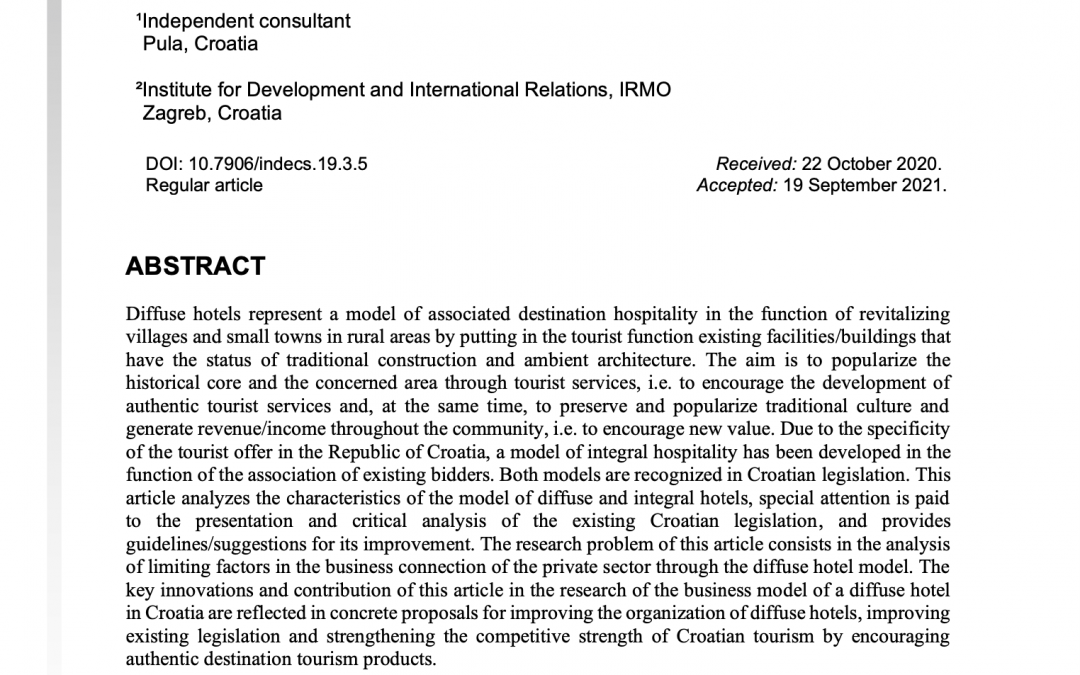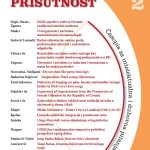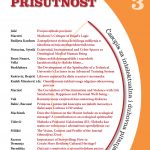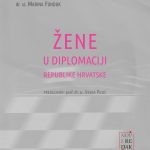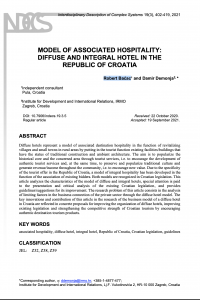
Publisher: Croatian Interdisciplinary Society
Year: 2021
ISSN 1334-4684 (Print)
ISSN 1334-4676 (Online)
Abstract
Diffuse hotels represent a model of associated destination hospitality in the function of revitalizing villages and small towns in rural areas by putting in the tourist function existing facilities/buildings that have the status of traditional construction and ambient architecture. The aim is to popularize the historical core and the concerned area through tourist services, i.e. to encourage the development of authentic tourist services and, at the same time, to preserve and popularize traditional culture and generate revenue/income throughout the community, i.e. to encourage the creation of new value. Due to the specificity of the tourist offer in the Republic of Croatia, a model of integral hospitality has been developed in the function of the association of existing bidders. Both models are recognized in Croatian legislation. This paper analyzes the characteristics of the model of diffuse and integral hotels. Special attention is paid to the presentation and critical analysis of the existing Croatian legislation, and the paper provides guidelines/suggestions for its improvement. The research problem of this paper consists in the analysis of limiting factors in the business connection of the private sector through the diffuse hotel model. The key innovations and contribution of this paper in the research of the business model of a diffuse hotel in Croatia are reflected in concrete proposals for improving the organization of diffuse hotels, improving the existing legislation and strengthening the competitive strength of Croatian tourism by encouraging authentic destination tourism products.
Keywords
Associated hospitality, diffuse hotel, integral hotel, Republic of Croatia, Croatian legislation, guidelines
LINK:
The full text is available at: https://hrcak.srce.hr/file/382393

